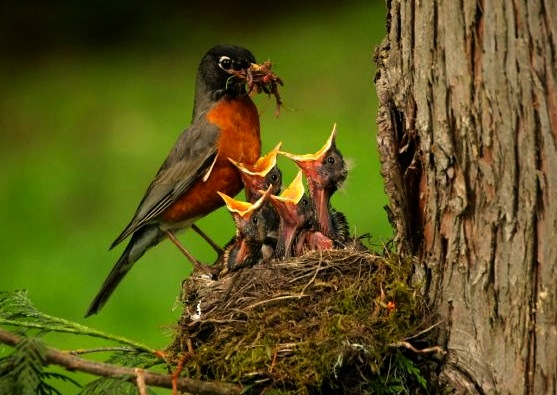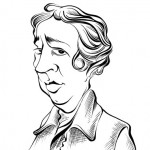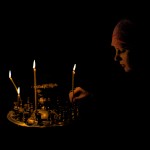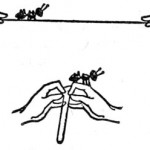In 2014, I’m reading and blogging through Pope Francis/Cardinal Bergoglio’s Open Mind, Faithful Heart: Reflections on Following Jesus. Every Monday, I’ll be writing about the next meditation in the book, so you’re welcome to peruse them all and/or read along.
This week, I was particularly struck by one paragraph in this week’s selection from Open Mind, Faithful Heart, where Pope Francis traces out a relationship between memory and intellect:
The reason for this is that memory has the power to unite and integrate. Just as intellect, given over to its own forces, partitions reality, so memory becomes the vital unifying force of a family or a people. A family without memory hardly deserves to be called such. A family that doesn’t respect and care for its grandparents, who are its living memory, is a family in disintegration, but the families and the peoples that remember their past are families and peoples with a future.
The partitioning inquiries of intellect aren’t being denigrated in this passage, but Pope Francis is drawing our attention to what we leave undone, if we sink entirely into our studies. Plunging into inquiry alone is like reaping a field, but neglecting to carry the crops home. When we seek the truth, we need to know it in order to be of use to someone else, or in order to know and love the world better. Mere knowledge, that isn’t touched by love of another or for the beauty of the thing we’ve found is sterile.
Memory is what makes knowing fruitful, by passing discoveries from hand to hand, receiving old wisdom in exchange for our new ideas, and letting both temper the other. In order to pass something from our head into others’, we need to understand our discoveries well enough to teach them. We must know our audience well enough to bridge inferential gaps. We need to know their loves well enough to represent the beauty of the fact or story we want to pass on. And we have to know both the applications of our new idea and the needs of our audience well enough to decide whom we should offer this new part of the world to.
Transmuting knowledge into memory requires us to bind up our love of this new datum with our loves for the people we are telling. And, unlike intellect, which isn’t a pursuit that is attractive or available to everyone, memory is a kind of learning that everyone can participate in. Tradition must be communal, so everyone has a part to play in enacting, teaching, or inquiring into the old stories. Even children, who have very few stories of their own, as of yet, draw memory out of others, like little yelping birds, squalling to be fed. The questions the audience asks tutors the storyteller in the way the hearers are thinking.
This unitive power is particularly important when we are learning and teaching theology. Science may not have a telos, but theology does — it’s meant to help us know God better so we can all be united together with Him. Learning our fellow pilgrims as we learn Church history or metaphysics is a necessary part of the project.












